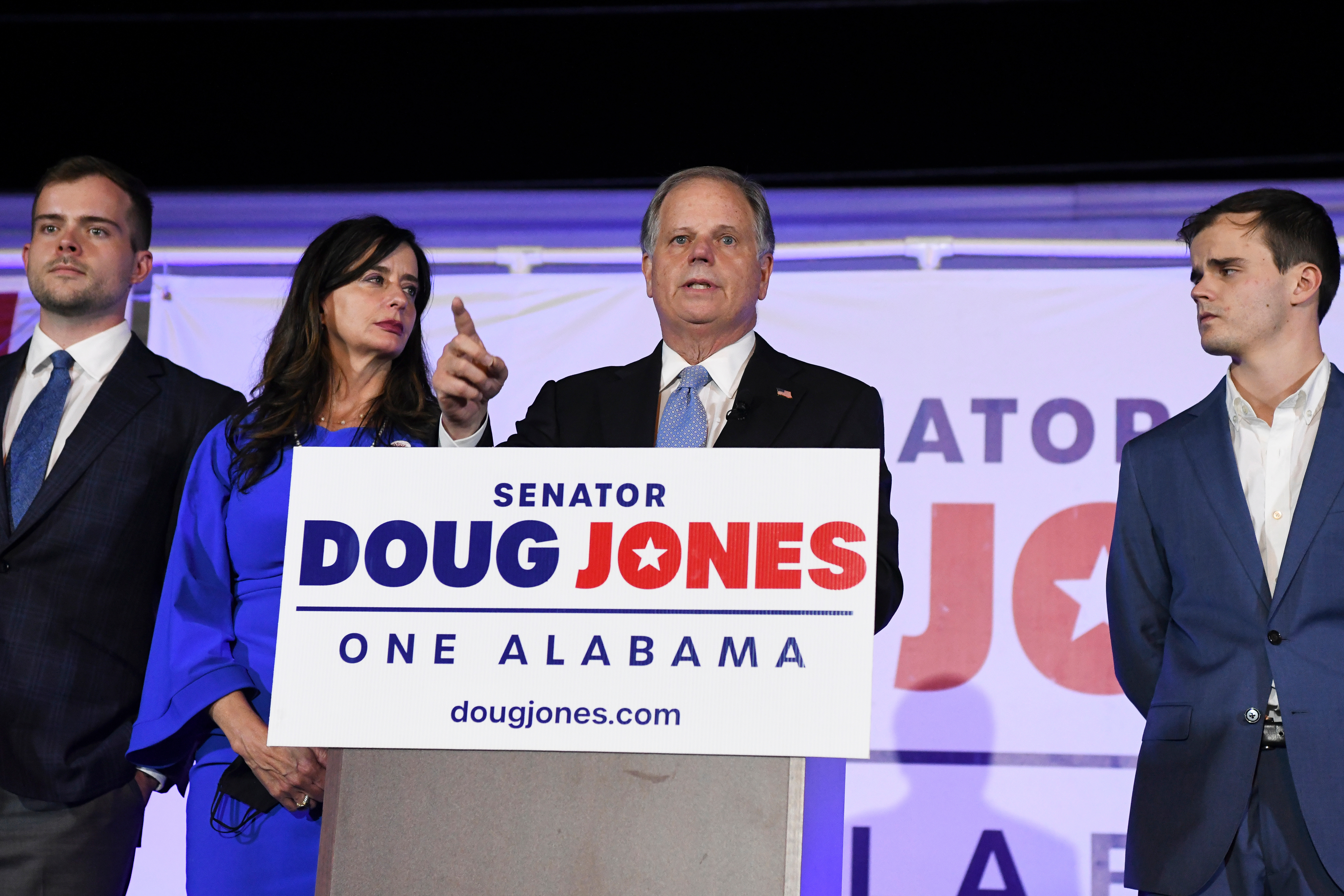Trump wants to erase DEI. Researchers worry it will upend work on health disparity
Dr. Fola May studies diseases of the digestive tract, and runs a lab at the University of California Los Angeles looking for ways to detect disease earlier in various groups. For that work, she says her lab is “very dependent” on federal funds from the National Institutes of Health and the Department of Veterans Affairs.
So as those agencies began canceling grants and programs that promote diversity, equity and inclusion, or “DEI,” May worried: Would work like hers, looking at health disparities also get swept in?
“I’m terrified,” May says.
Disparities in health — factors that make some groups sicker than others — had been a cornerstone of medical study in recent years, especially since the pandemic laid bare how access to care can affect so many aspects of health.
On the list
But now “health disparity” is among hundreds of terms the Trump administration is telling federal agencies to avoid or scrub from government Web sites, research and databases. Some researchers point out their work benefits rural White populations often overlooked in debates about diversity and equity.
“We have to recognize that disparities are affecting everyone, not just racial, ethnic minorities,” May says. “I’ll give an example: White individuals that live in rural areas of the United States are less likely to get a screening test.”
May and others working on projects addressing various gaps in medical care argue that conflating “health disparities” with racial division or politics will hurt efforts to try to improve the health of people overall.
But she says many people seem to misunderstand.
“One of the biggest challenges right now is that people are becoming very polarized about disparities research, and they’re thinking, ‘Oh, these are resources that are going to groups that are not me,'” she says.
From required to forbidden
So May says there’s an uncertain sense of censorship hovering over her research: “We aren’t sure what we can say in our grants. I very freely — before — wrote about disparities and equity in my grants. Actually, the NIH had a requirement that you had to write about equity and disparities in every grant.”
Across the nation’s scientific communities, researchers say they feel confused and concerned.
“It feels like there’s no adults in the room,” says K, a clinician who works at the VA. NPR granted her anonymity because she fears losing her job for speaking out. K researches why rural veterans — and women in particular — see doctors less, and die younger than counterparts in cities.

She says her academic colleagues and fellow VA researchers have circulated lists of words to avoid. But K says they include words like “women,” “female,” “gender,” and “underserved” — making it hard to accurately present data she’s collected.
“We’re actively omitting really important details and hoping that it’s still accurate and not misleading, while threading this needle of not having the work flagged or torn down,” she says.
No answers
Electra Paskett, a longtime researcher of cancer disparities at the Ohio State University in Columbus, has sought clarity from the agencies, but to no avail. Her partners at NIH can’t answer her questions because of a White House gag order that is still partially in effect.
“Does it fall into the DEI category? You cannot contact them to get an answer,” she says.
The NIH and VA did not respond to NPR’s requests for comment.
Paskett says work overcoming disparities in cancer care has dramatically increased survival, but she now worries the Trump administration’s sweeping policies may undermine that progress because of a misunderstanding of “disparities.”
“We hope that that is not under attack because if we want to cure cancer, we want to eliminate cancer — which is a bipartisan goal,” Paskett says, “then we have to make sure that we’re addressing all populations.”
Auburn tabs USF’s Alex Golesh as its next coach, replacing Hugh Freeze on the Plains
The 41-year-old Golesh, who was born in Russia and moved to the United State at age 7, is signing a six-year contract that averages more than $7 million annually to replace Hugh Freeze. Freeze was fired in early November after failing to fix Auburn’s offensive issues in three seasons on the Plains.
Alabama Power seeks to delay rate hike for new gas plant amid outcry
The state’s largest utility has proposed delaying the rate increase from its purchase of a $622 million natural gas plant until 2028.
Former U.S. Sen. Doug Jones announces run for Alabama governor
Jones announced his campaign Monday afternoon, hours after filing campaign paperwork with the Secretary of State's Office. His gubernatorial bid could set up a rematch with U.S. Sen. Tommy Tuberville, the Republican who defeated Jones in 2020 and is now running for governor.
Scorching Saturdays: The rising heat threat inside football stadiums
Excessive heat and more frequent medical incidents in Southern college football stadiums could be a warning sign for universities across the country.
The Gulf States Newsroom is hiring an Audio Editor
The Gulf States Newsroom is hiring an Audio Editor to join our award-winning team covering important regional stories across Mississippi, Alabama and Louisiana.
Judge orders new Alabama Senate map after ruling found racial gerrymandering
U.S. District Judge Anna Manasco, appointed by President Donald Trump during his first term, issued the ruling Monday putting a new court-selected map in place for the 2026 and 2030 elections.








